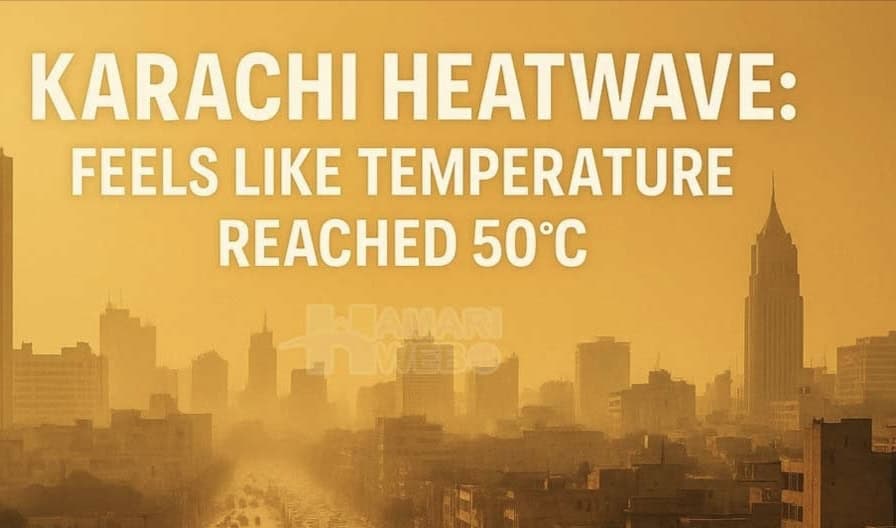What Would You Pack If You Had Only 10 Minutes to Leave Your Home Forever?
Would you grab your child’s favorite toy? Your family photos? Your passport?
For millions of people across the Middle East, this isn’t just a heartbreaking question—it’s their lived experience.
Displacement isn’t always a dramatic scene from a movie. Sometimes, it’s a quiet knock at the door. A rising sense of dread. A decision no parent ever wants to make: stay and risk your life—or run and leave everything behind.
In this post, we step beyond headlines and politics to hear from the people who’ve lost their homes—but not their hope. These are real stories from displaced families—mothers, fathers, and children who just want one thing: peace.
The Long Walk from Syria: Amal’s Story
Amal was a teacher in a small town near Aleppo. She loved books, morning coffee, and walking her kids to school. But when the bombs got closer and the schools shut down, she knew it was time to go.
“We left at sunrise with two backpacks,” she recalls. “No car. Just our feet. My youngest was six. He cried for his blanket.”
For weeks, Amal and her children walked, hitched rides, and hid in abandoned buildings. They crossed into Turkey, then waited months in crowded shelters before getting refugee status in Jordan.
Now she lives in a temporary housing camp. It’s cramped, but clean. Her kids go to a UN-run school. She teaches again—only this time, under a tent.
“I lost my home,” she says. “But I didn’t lose who I am. And I won’t stop teaching my children to dream.”
Gaza to Nowhere: Nidal’s Life in Limbo
Nidal is 19, but his eyes carry the weight of someone twice his age. He’s never known a day without conflict.
“I was born in Gaza. That means I was born under siege,” he says.
In 2021, his family’s building was hit during an airstrike. They survived—but lost everything. Since then, they’ve been living with relatives, sleeping five to a room, waiting for a chance to rebuild.
They applied for asylum in Europe, but the process is painfully slow. His mother has diabetes. His younger brother has nightmares almost every night.
Still, Nidal writes poetry. About the sea, about freedom, about a place where rockets don’t interrupt conversations.
“I don’t want revenge,” he says. “I want a future. That’s all.”
Iran to Istanbul: Escaping Shadows
Leila and her husband fled Iran not because of bombs—but fear. After speaking out in protests, they were marked.
“One day we heard my husband was on a government list. We left that night. We didn’t even tell our parents.”
Now in Istanbul, they’re undocumented and live in a basement flat. Her husband takes odd jobs. Leila stays home with their baby. They worry constantly about being deported.
“But we’re safe,” she whispers. “That’s the most important thing.”
They hope to get to Europe one day. Somewhere they can work legally. Start over.
“I just want my daughter to grow up where her name isn’t on a list,” Leila says.
More Than Numbers
When you hear about refugees or displaced people, it’s easy to think in statistics:
- 13 million Syrians displaced
- 2 million Gazans trapped under blockade
- Thousands fleeing Iran each year
But behind every number is a story. A family. A name. A little girl who had a pink bike. A dad who was saving for college. A grandma who baked the best bread in the neighborhood.
Displacement doesn’t just mean losing a house. It means losing your routine, your neighbors, your identity. And still waking up every morning and trying to rebuild.
What Do They Want?
Not revenge. Not handouts.
Just peace.
A place where kids can play outside. Where mothers don’t have to check the news before going to the market. Where families can make plans longer than a week out.
Peace isn’t a luxury. It’s a human need. And for these families, it’s the only thing they’ve been asking for.
Why We Should Care
You might be reading this from a warm home, in a safe country, with your own daily worries—work stress, bills, weekend plans. That’s valid.
But remembering these stories reminds us of two things:
1. We’re incredibly lucky.
2. We have the power to help, even from afar.
Whether it’s through donating to humanitarian groups, advocating for refugee rights, or simply refusing to turn away from stories that are hard to hear—our attention matters.
Because the moment we start seeing displaced families as real people, not just victims, is the moment the world gets one step closer to peace.
Final Thoughts
“We just want peace.”
It’s a sentence repeated again and again by every displaced person I’ve ever met.
Not, “We want power.”
Not, “We want more.”
Just peace—the kind that lets children sleep soundly and parents plan for tomorrow.
Let’s not let that simple, powerful dream be forgotten.



